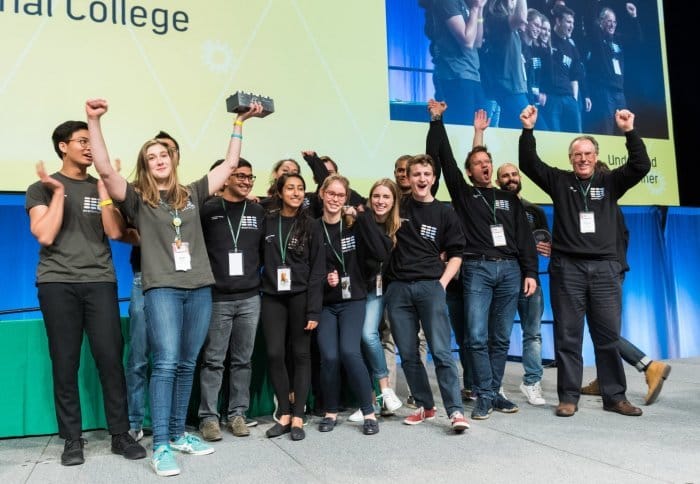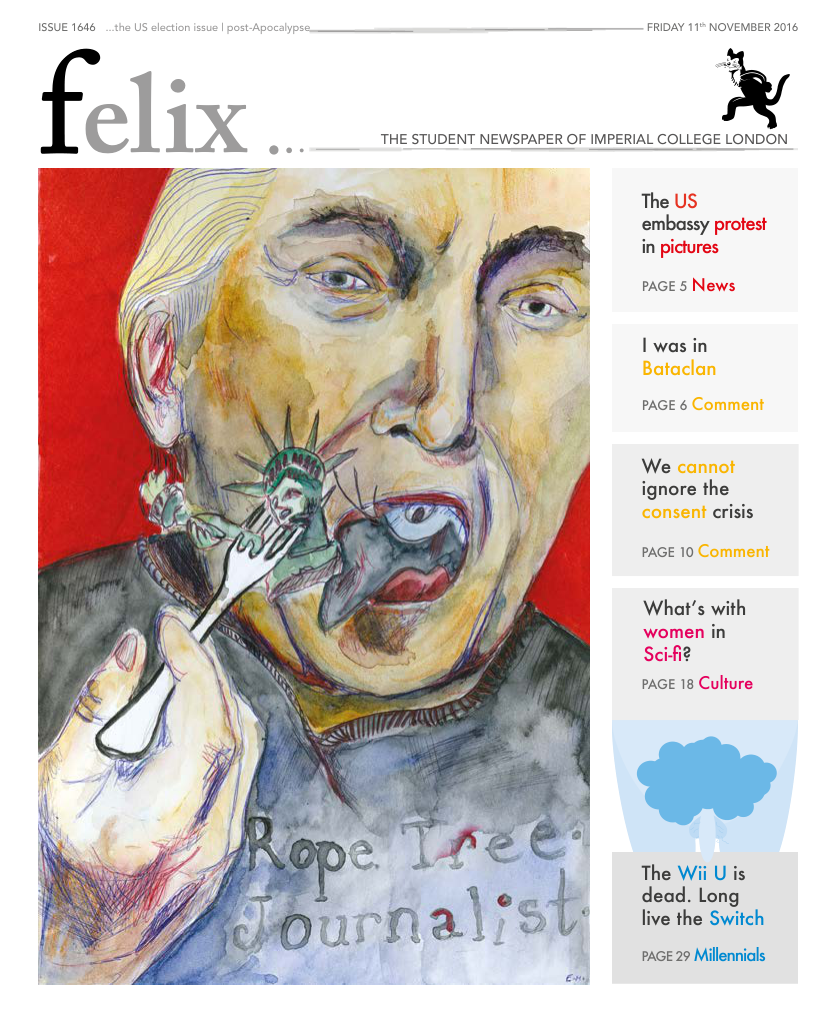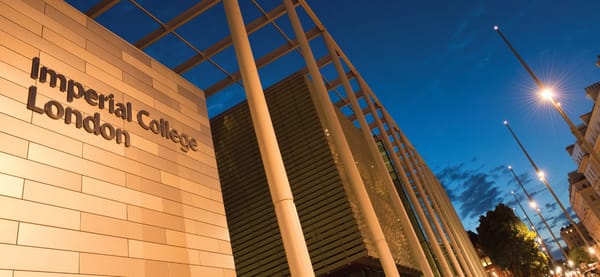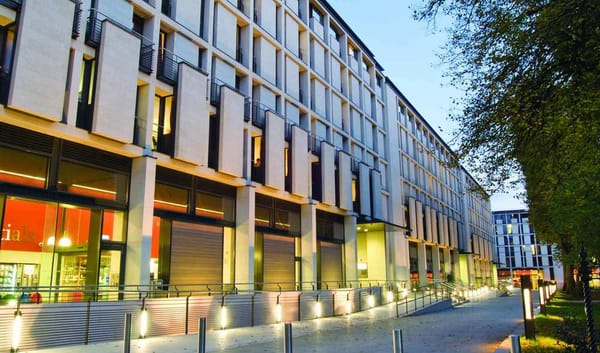Imperial team wins iGEM competition
The team's project 'Ecolibrium' not only landed them the Gold Medal but five other major prizes.

Imperial triumphed at the International Genetically Engineered Machine (iGEM) competition in Boston last week, with their project ‘Ecolibrium’ beating almost 300 other undergraduate teams from around the globe.
The project centres around a process known as ‘Co-culturing’ where different types of cells are grown together. The benefit of doing this is that it opens up different pathways for synthesis of complex biological entities that weren’t previously possible before. The downside is that different cells require varying conditions to thrive and preferring one set of conditions means one type of cell thrives and the rest, well, don’t.
Imperial's project 'Ecolibrium' beat almost 300 other undergraduate teams form around the globe
The solution the team’s design is centred around is compromise, finding a balance of conditions that allow different cells to grow at optimal conditions in the same culture. They also designed some genetic circuitry to force two cells to coexist at pre-determined ratios. The idea wasn’t the only part of the competition, the teams also had to engage the public to their project and explain what was going on to people who weren’t specialists in the field. This they did through an Apple and Android game, Go Culture, which aimed to dispel negative perceptions of microbes and bacteria.
Their successes with all the parts led them to winning the Gold Medal plus five major prizes. These included ‘Best Foundational Advance Project’ (their competition category), ‘Best Poster’, ‘Best Wiki’, ‘Best New Basic Part’, and ‘Best Education and Public Engagement’.
The winning team consisted of members of two Imperial departments; Lisa Asher, Alice Boo, Akashaditya Das, Jonathan G Li, Carys Moller, Teal Carter from the Department of Bioengineering and Akash Bhattacharjee, Stefan Grossfurthner, Alyssa Henderson, Henry Lloyd-Laney, Rachapun Rotrattanadumrong and Aditi Satija from the Department of Life Sciences.









